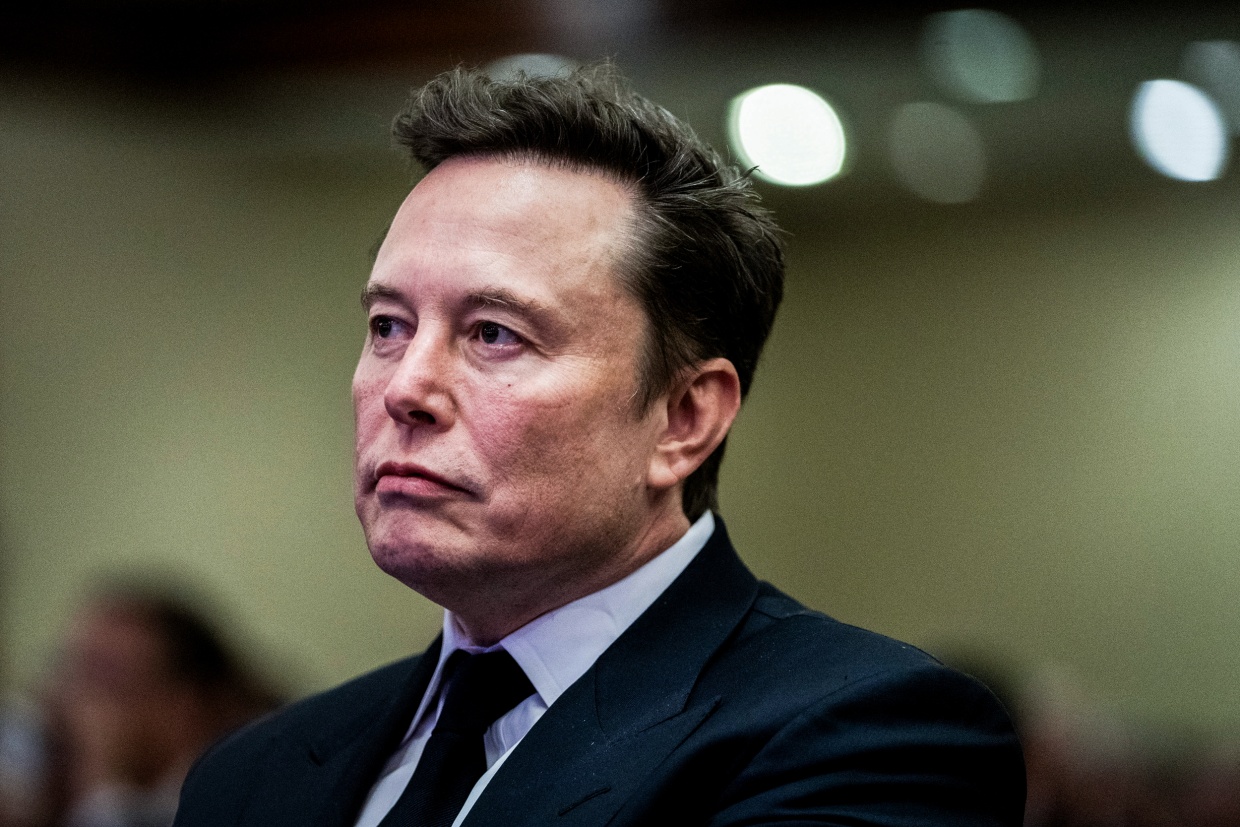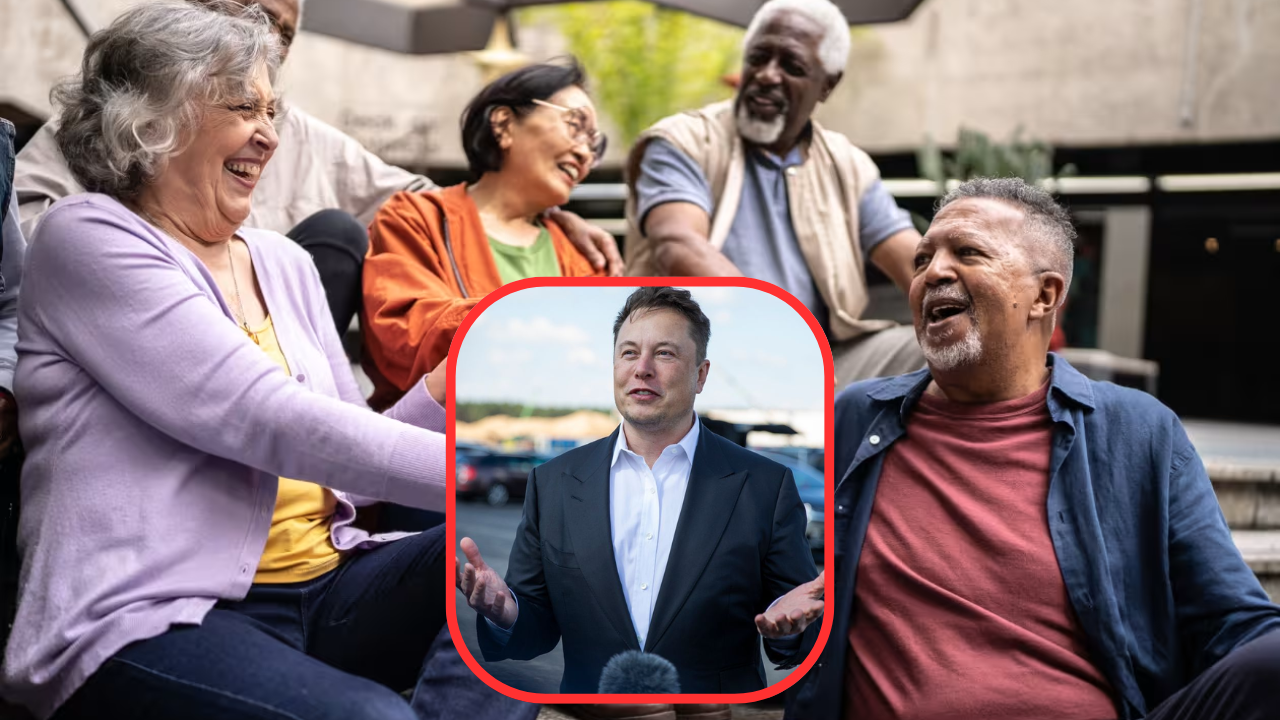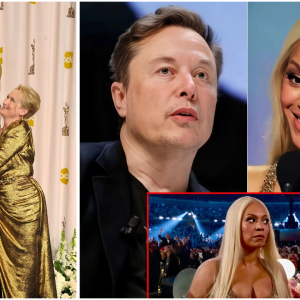Elon Musk and His Controversial Statement: “Retirees Should Be Completely Exempt from Taxes. They Already Paid Their Share.” Do You Agree?
A Bold Proposal from a Billionaire
Elon Musk, the world-renowned billionaire entrepreneur and CEO of Tesla and SpaceX, is no stranger to making headlines with his outspoken opinions. His latest statement has ignited a heated debate across social media, politics, and economic circles. Musk recently suggested that retirees should be completely exempt from paying taxes, arguing that they have already contributed their fair share to society throughout their working lives.
This controversial proposal has sparked mixed reactions, with some praising the idea as fair and just, while others argue it could create significant economic challenges.

The Rationale Behind Musk’s Statement
Musk’s argument is simple: retirees have spent decades working, earning, and paying taxes on their income. By the time they reach retirement, they should no longer be burdened by additional taxes, particularly on their pensions, Social Security benefits, and retirement savings.
For many seniors, taxation can eat into their fixed incomes, making it harder to afford necessities such as healthcare, housing, and daily expenses. Musk’s proposal suggests that exempting retirees from taxes would allow them to enjoy the fruits of their labor without government deductions diminishing their savings.
The Economic and Social Implications
While Musk’s idea may sound appealing to many, it raises critical economic questions. Governments rely on tax revenue to fund essential public services, including healthcare, infrastructure, and social programs. If retirees—who make up a growing percentage of the population—were entirely exempt from taxes, how would governments compensate for the loss in revenue?
Additionally, some critics argue that not all retirees are financially struggling. Many wealthy individuals continue to generate significant income through investments, real estate, and business ventures well into retirement. Exempting all retirees from taxes, regardless of their financial status, could disproportionately benefit the wealthy while placing a heavier tax burden on younger, working-class citizens.

Public Opinion: A Nation Divided
Musk’s statement has drawn strong reactions from both supporters and skeptics.
Supporters believe:
- Retirees have already contributed to society and should not be taxed again.
- Eliminating taxes for seniors would provide financial relief and improve their quality of life.
- Governments should find alternative sources of revenue rather than taxing those who are no longer in the workforce.
Critics argue:
- Exempting all retirees from taxes would lead to significant budget deficits and could harm public services.
- Wealthy retirees would receive unnecessary benefits, increasing economic inequality.
- Governments should instead focus on tax reforms that benefit lower-income seniors rather than offering blanket exemptions.
A Possible Middle Ground
Rather than a complete tax exemption for all retirees, some experts propose a more balanced approach. This could include:
- Tax breaks or reductions for low- and middle-income retirees, ensuring that only those who truly need financial relief benefit.
- Adjusting tax policies on retirement savings withdrawals to make it easier for seniors to manage their income.
- Exempting Social Security benefits from taxation while maintaining fair tax policies on high-income retirement earnings.
Final Thoughts
Elon Musk’s proposal has sparked an important discussion about the financial challenges retirees face and how governments should approach taxation in an aging society. While the idea of tax-free retirement is appealing to many, the economic consequences must be carefully considered.
Should retirees be entirely exempt from taxes, or should tax policies be adjusted to offer relief to those who need it most? The debate continues, and as populations age, this issue will only become more relevant in the years to come.










